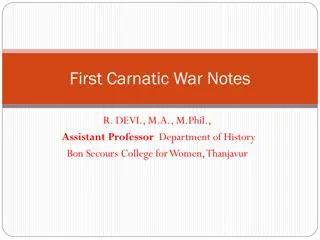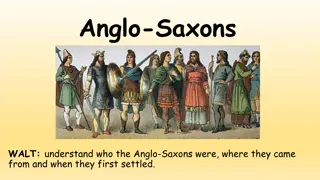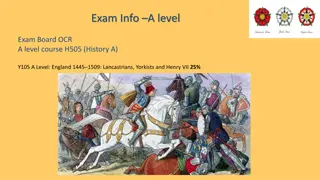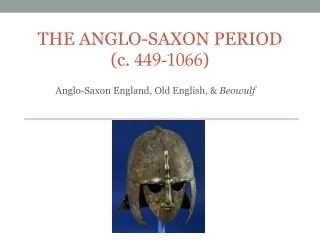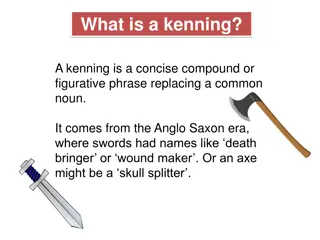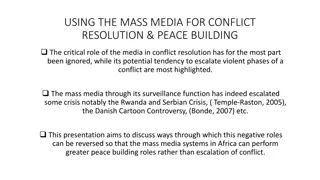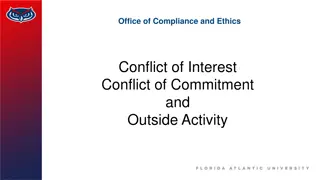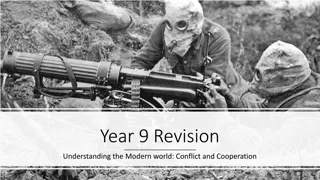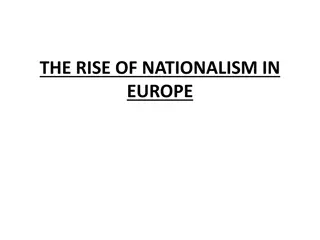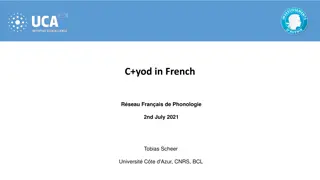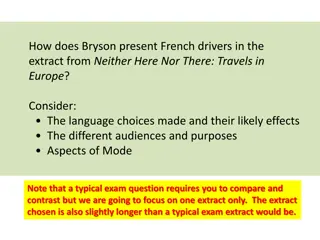Anglo-French Conflict in Carnatic Wars: A Historical Overview
The Carnatic Wars were a series of conflicts between the British and French in India during the 18th century, fueled by commercial and colonial rivalries. The wars lasted for two decades, with battles and power struggles in regions such as Tamil Nadu and Pondicherry. The Treaty of Pondicherry in 1755 marked the culmination of these conflicts and led to significant political shifts in the region.
Download Presentation

Please find below an Image/Link to download the presentation.
The content on the website is provided AS IS for your information and personal use only. It may not be sold, licensed, or shared on other websites without obtaining consent from the author. Download presentation by click this link. If you encounter any issues during the download, it is possible that the publisher has removed the file from their server.
E N D
Presentation Transcript
The Anglo-French Conflict-Carnatic Wars Introduction Europeans came for Trade. Deteriorating condition prevailed in TN British, French interfered into the affairs of local rulers and TN. Pondicherry-HQ of French-political affairs of Nawab of Arcot unnecessarily St.George fort-British HQ-Marathas affairs They wanted to establish their political and economic domination in TN So French and British became enemies and waged many wars. They are called Carnatic Wars. It lasted for 20 years
1 Carnatic War (1746-48) Causes Anglo and French commercial and colonial. rivalaries in India and Europe. Austrian War of Succession was broken out b/w Austria and Prussia in 1740. England supported Austria Hence Prussia sought the support of French It echoed in Indian colonies. DUPLEX ------French Governor of Pondicherry made to prevent war in India but it ended in failure ..
Events In 1741-British navy under Barnett captured a few French ships without prior intimation. He decided to capture Madras also Shocked Duplex asked help to La-Bourdonnais, the Governor of Mauritius La sent an army to help Duplex It stormed madras in 1746. Afraid commander left Madras in the hands of French. Nicolas, a Governor of Madras unconditionally surrendered before the French. La concluded a peace treaty with the British and demanded a ransom of Rs.40000 to French to release Madras. But Duplex refused to this peace treaty.
Duplex besieged Madras after La departured and captured many British. They were taken to Pondicherry as prisoners. But soon political situation changed in favour of British Anwarudin, the nawab of Carnatic ordered French to release Madras. French refused AN sent an army of 10000 under Mafuzkhan But Duplex managed them with 1000 soldiers in Adyar because they are untrained and indisciplined. So French looted the madras city from day and night, from top to bottom
Aggressive Duplex tried to capture St.David fort at Cuddalour. In this time, an army under Reer Admiral Boscowen, the British General attacked Pondicherry in 1748. So Duplex came back for Pondicherry and defended Pondicherry. The Austrian war came to end in Europe in 1748. Result Aix-la-Chapelle was signed Madras was restored to the British, Louisburg (North America) to the French French consolidated their position in TN Europeans made alliance with native rulers for consolidation their position
Result The Treaty of Pondicherry-1755 Mohammad Ali became the Nawab of Carnatic. British and French agreed not to interfere into the internal affairs of the Native Rulers, gave back to conquered places, agreed to leave their earlier places. helped the British to be more stronger
III rd Carnatic War-1756-1763 causes 1.Seven Years war broke out b/w English and French-continued in India also 2. Their peace treaty was short lived. 8
Events Count-de-Lally-Governor General of French-India. He Captured St.David Fort, turned his attention towards Madras. To strengthen his army-he recalled the french General from Hydrabad (Nizam-Salabat Jung bro of N.J) This blunder helped the Nizam to cross over to British He offered the Northern Circar to the British 9
Bussy Bussy Sir Eyre Sir Eyre Coote Coote
Count-de-Lally was defeated (becos of distrust and jealousy among generals) by capturing Madras in the war of Wandewash in 1760 b/w Sir Eyre Coote and Bussy It sealed the fate of French. Bussy was imprisoned in 1760. British captured Karikal, Mahe and Gingi. Lally surrendered before the British in 1761.
Results 1.Seven Years war ended with the treaty of Paris in1763 2. French settlements were restored 3. Count was recalled 4. The French lost their power and prestige in India 13
Causes for the failure of French, English-success 1.FEIC was a Govt owned, it neglected and not supported by the Govt. but BEIC was a private one, had a sound financial position, supported by the Govt and Monarch. 2. French concentrated on territorial gains but British on trade 3. British Navy was more superior than the French navy. 14
British settlements in Bombay, Calcutta and Madras were better trade centres as well as military & commercial centres than the French centres of Mahe, Pondicherry and Chandranagore. B commanders and Generals were well experienced and clever. Robert Clive and Eyre Coote were having perfect understanding. But French generals looked at one another with jealousy and distrust. 15




